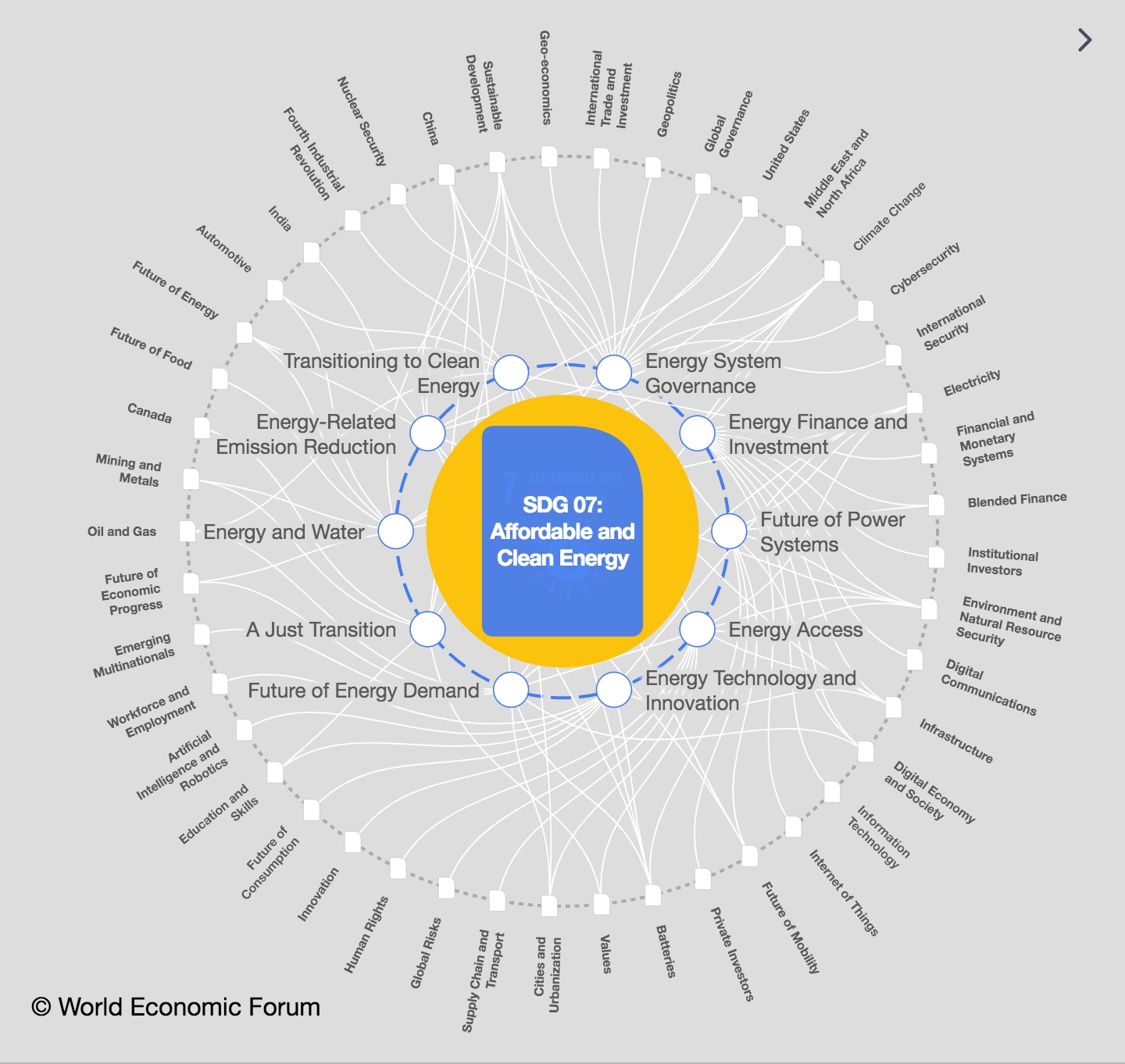IRENA: Renewable energy jobs have almost doubled in 10 years

Jobs in renewable energy worldwide have grown from 7.3 million in 2012 to 13.7 million in 2022. Image: Unsplash/Sander Weeteling

Get involved with our crowdsourced digital platform to deliver impact at scale
Stay up to date:
SDG 07: Affordable and Clean Energy
- Renewable energy jobs have almost doubled in 10 years to 13.7m jobs, according to IRENA.
- China leads the world, with more than 5 million renewable energy jobs.
- Renewable energy investments are rising, but the energy transition has slowed, finds World Economic Forum’s Fostering Effective Energy Transition 2023 report.
The number of renewable energy jobs has almost doubled over the last decade as investments in wind, solar, hydropower, biofuels and other renewable energy technologies continue to climb, a new report finds.
In its Renewable energy and jobs: Annual review 2023, The International Renewable Energy Agency (IRENA) said the value of renewable energy investments had risen 43% from $348 billion in 2020 to $499 billion in 2022.
This is helping to fuel employment in renewable energy, where job numbers worldwide have grown from 7.3 million in 2012 to 13.7 million in 2022, the report finds.

Solar energy jobs soar
Solar energy remains the fastest-growing sector in renewable energy jobs. It had almost 4.9 million jobs in 2022, more than a third of the renewable energy sector’s total workforce.
Hydropower and biofuels created around 2.5 million jobs each in 2021, while wind power had 1.4 million jobs.
China dominates in renewable energy employment, with more than 5.5 million jobs – 41% of the global total. Brazil, India and the European Union are also big renewable energy employers. Most renewable energy installations are happening in these regions, which also play key roles in equipment manufacturing and services such as engineering, IRENA said.
Diversity in renewable energy jobs
On gender balance, the report finds solar power employs more women than other renewable sectors, at 40% of full-time positions. This is almost double women’s employment in wind energy (21% of full-time positions) and the oil and gas sector (22% of full-time positions).
Women, youth and minorities are still under-represented in renewable energy jobs and more education, training and equal access to career paths in the “historically male-dominated energy industry” was needed, IRENA said.
Wages, job security, occupational health and safety and rights at work also “demand greater attention”, the agency added.
The future of renewable energy jobs
“Millions of additional jobs” in renewable energy will be created over the coming years and decades, the report predicts, but this will need to be accompanied by measures including retraining workers from fossil fuel industries.
The falling cost of renewable energy technologies and policies designed to speed up the move away from fossil fuels that contribute to global warming and the climate crisis are driving renewable energy adoption. But progress remains “highly inadequate”.
Significantly accelerated investments and installations would be needed to achieve the energy transition in a way that allows humanity to meet “urgent climate and environmental priorities”, IRENA said.

Energy transition progress
Global progress on the transition to clean and sustainable energies is highlighted in the World Economic Forum report, Fostering Effective Energy Transition 2023.
Renewable energy investments have overtaken fossil fuel investments in just over 10 years, the authors note, and energy and climate policies now take centre stage.
But the energy crisis sparked by the Russia-Ukraine war, with power shortages and blackouts in different parts of the world, highlighted challenges around affordability and access to energy. Countries have also prioritized energy security. This has slowed progress on the energy transition, which has plateaued in the past three years, the Forum says.
Of the 120 countries benchmarked in the report’s Energy Transition Index, 113 have made progress over the last decade, but only 55 have improved their scores in the Index by more than 10 percentage points.
Encouraging investments in clean energy, promoting innovation and energy efficiency and making sure the transition benefits all segments of society will be key to keeping the energy transition on track, the Forum says.
Don't miss any update on this topic
Create a free account and access your personalized content collection with our latest publications and analyses.
License and Republishing
World Economic Forum articles may be republished in accordance with the Creative Commons Attribution-NonCommercial-NoDerivatives 4.0 International Public License, and in accordance with our Terms of Use.
The views expressed in this article are those of the author alone and not the World Economic Forum.
Related topics:
The Agenda Weekly
A weekly update of the most important issues driving the global agenda
You can unsubscribe at any time using the link in our emails. For more details, review our privacy policy.
More on Energy TransitionSee all
Roberto Bocca
May 8, 2024
Ted McKlveen and Bav Roy
May 7, 2024
Mekala Krishnan and Humayun Tai
May 6, 2024
Marco Arcelli
May 2, 2024
Nils Aldag and Christopher Frey
May 1, 2024






